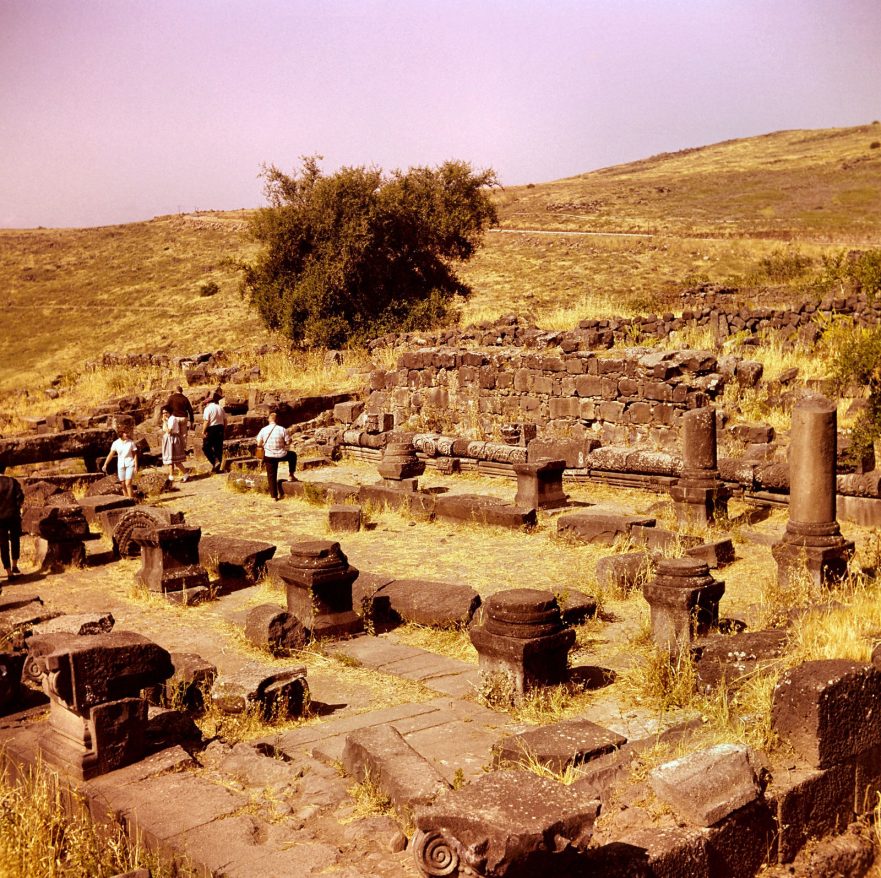The Woes on Three Villages express Jesus’ sorrow that Chorazin, Bethsaida and Capernaum had not responded to his warning not to get sucked into the black hole of violent religious nationalism.
Praying Like Gentiles
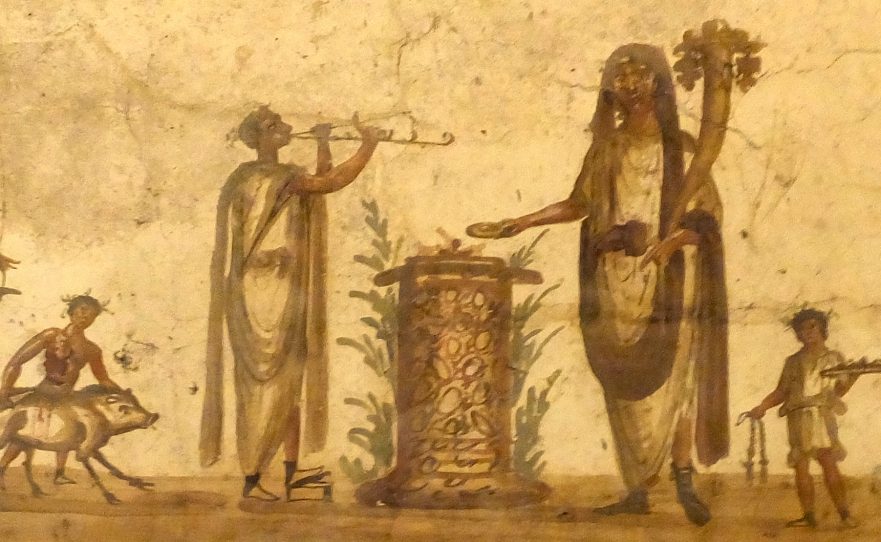
What can Jesus’ warnings against praying like Gentiles teach us about Jesus’ relationship to Second Temple Judaism and his attitude toward non-Jews?
“Shake the Dust from Your Feet”: What Did the Apostles’ Action Signify?

The standard interpretation of the apostles’ dust-shaking action proposes that Jesus turned the concept of the impurity of Gentile lands against the Jewish inhabitants of cities within the (ritually pure) land of Israel. This interpretation concludes that shaking the dust from their feet dramatically symbolized that Jesus’ apostles would henceforth regard the Jewish inhabitants of a city that had rejected their message as though they were cut off from Israel. It is time for this mistaken interpretation to finally be put to rest.
Feast of the Circumcision (New Year’s Day)
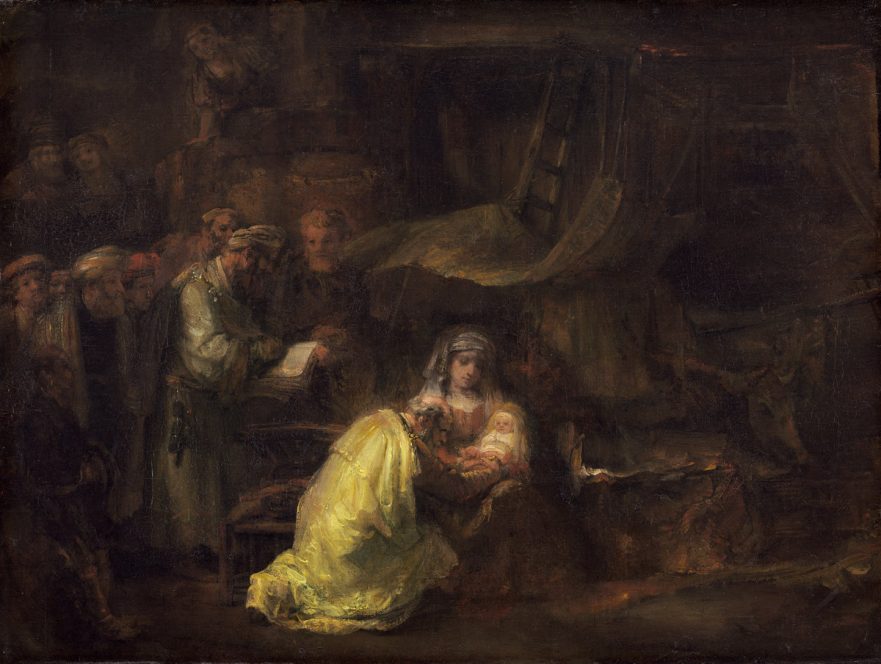
The first of January, celebrated around the world as New Year’s Day, is also the eighth day of Christmas and, as such, the Feast of the Circumcision and Naming of Jesus. Of course, no one knows on what day of the year Jesus was actually born, but since it has become traditional to celebrate Jesus’ birth on the 25th of December, it follows that the first of January is the day on which Christians celebrate the circumcision and naming of Jesus.
Jesus and a Canaanite Woman
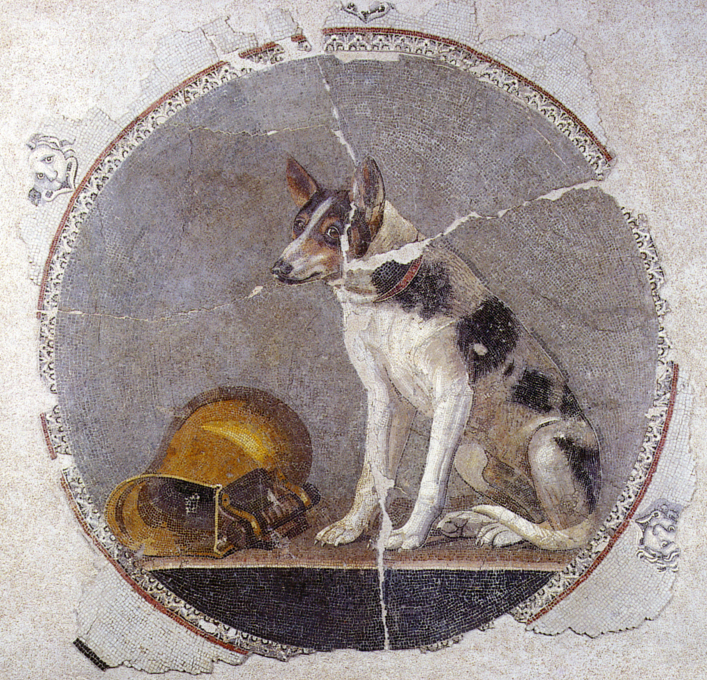
Does the story of a Canaanite woman’s encounter with Jesus, which is found in the Gospels of Mark and Matthew, show indications of having descended from a Hebrew source? Why did the author of Luke fail to include this story? Explore these questions and more in “Jesus and a Canaanite Woman.”
Character Profile: Cornelius the Centurion

The baptism of Cornelius, a Roman centurion, provoked controversy among the Jewish followers of Jesus. In this video Marc Turnage examines the figure of Cornelius, his role in the Book of Acts, and his place in first-century Jewish society.
Jesus the Galilean, a Stranger in Judea?
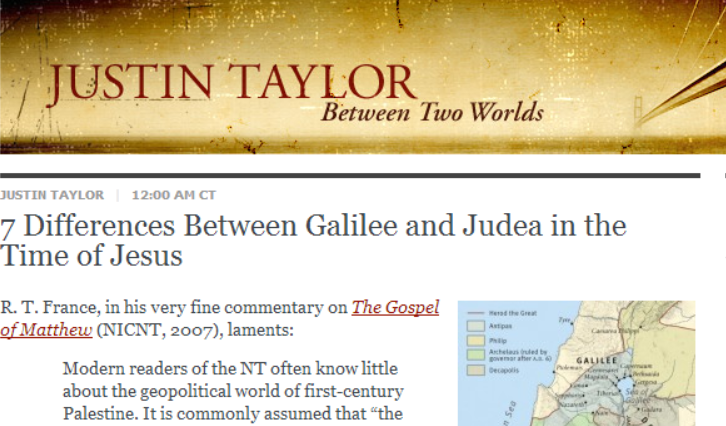
Follow Garcia as he challenges Taylor’s work and brings about the conclusion that “We should attribute any differences between Galileans and Judeans primarily to issues of opposing halakhic opinions.”
Character Profiles: Gamaliel and Nicodemus
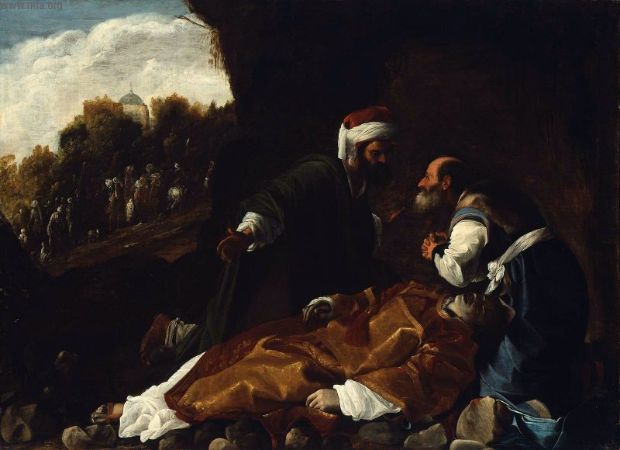
Gamaliel saved the lives of Jesus’ apostles, and also influenced Paul’s ethics, even after Paul’s conversion. Nicodemus belonged to the Hillelite anti-Zealot circles to which Jesus himself was close.
On “Blood” in the Apostolic Decree (Acts 15:19-20)

Flusser and Safrai’s premise is that “blood” in this passage does not refer to the consumption of blood but rather to murder. They conclude that the apostolic decision prohibiting eating meat sacrificed to idols, fornication, and blood is equal to the rabbinic decree that under penalty of death a Jew may violate any of the commandments of the Torah with the exception of idolatry, adultery and murder.
Christians and Biblical “Law”

Jesus was Jewish and so were his disciples. He did not start a new religion, but his movement was consistent with being one of several sects of first-century Judaism. There were probably essentially very few non-Jewish followers of “The Way” (Jesus, Yeshua) for the first ten years or so after his death and resurrection.
Unintentional Anti-Semitism in the Church
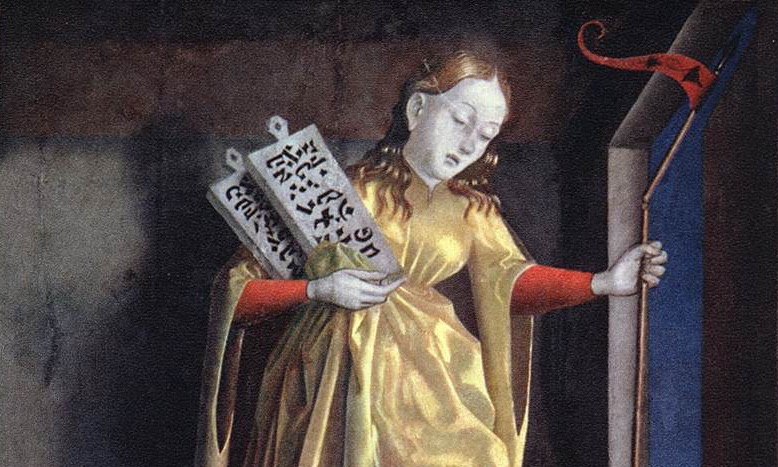
I heard an all too familiar theme surface in an otherwise good sermon with regard to the recognition and acceptance of Jesus as Messiah: “The Jews just missed it!” Sadly, this affront by categorization also shows a total lack of recognition of the role of Jews in the early church and in their making the message of salvation through Yeshua (Jesus) available to non-Jews. It is as if Yeshua appears on the scene, is rejected by the Jews, but is welcomed with open arms by the non-Jews.
Gentiles Demand All These Things

Jesus’ homily on worry (Matt. 6:25-34 ∥ Luke 12:22-31) is compared with two other ancient Jewish texts. All three sources describe gentiles as people obsessed with the basic necessities of food and drink and clothing.
The Apostolic Decree and the Noahide Commandments
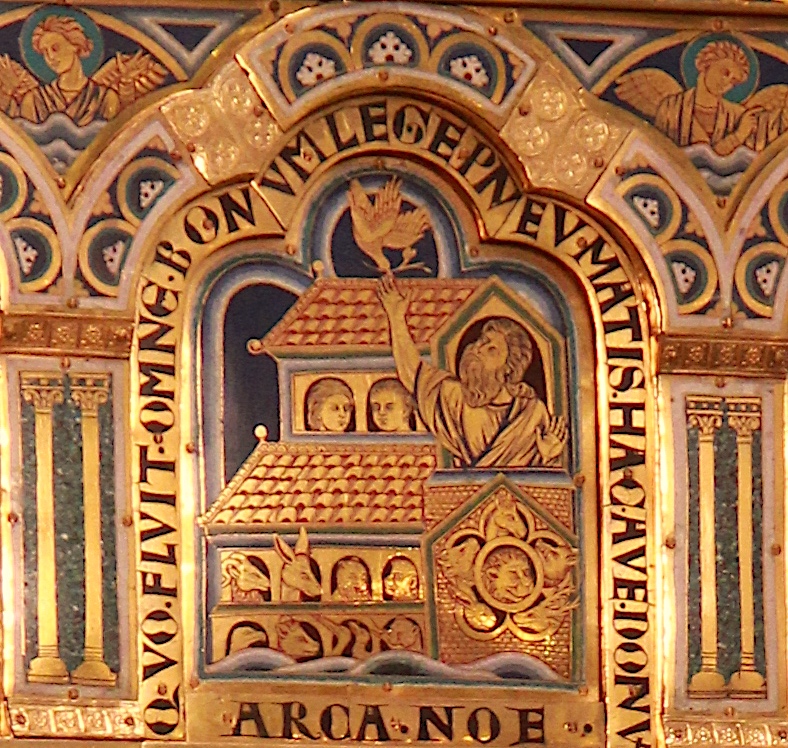
Jerusalem Perspective is pleased to make available to the English-speaking world this important article written originally in German by David Flusser and Shmuel Safrai: “Das Aposteldekret und die Noachitischen Gebote,” in Wer Tora mehrt, mehrt Leben: Festgabe fur Heinz Kremers (ed. E. Brocke and H.-J. Borkenings; Neukirchen-Vluyn, 1986), 173-192.
The Surprise of Finding Anti-Semitism in the Heart of the Early Church Fathers
“The other disease which my tongue is called to cure is the most difficult… And what is the disease? The festivals of the pitiful and miserable Jews which are soon approaching.” — Saint John Chrysostom (349-407)
Mark 7:19: Did Jesus Make “Unclean” Food “Clean”?
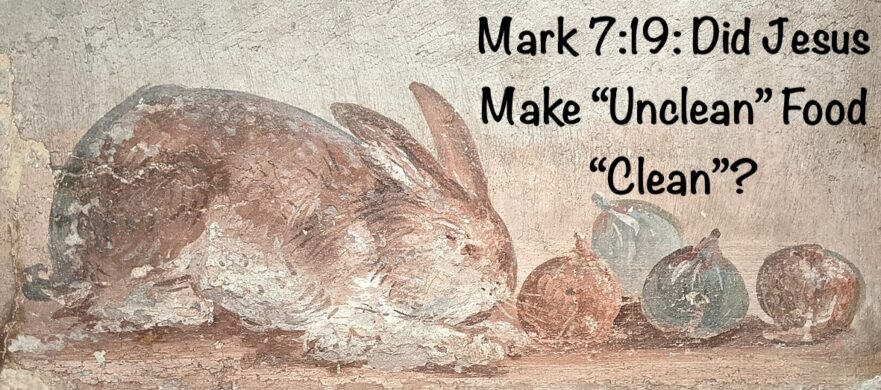
One should not be too quick to throw out large portions of the Torah because of a four-word parenthetical comment by Mark at the end of a long halachic discussion.
Measure For Measure
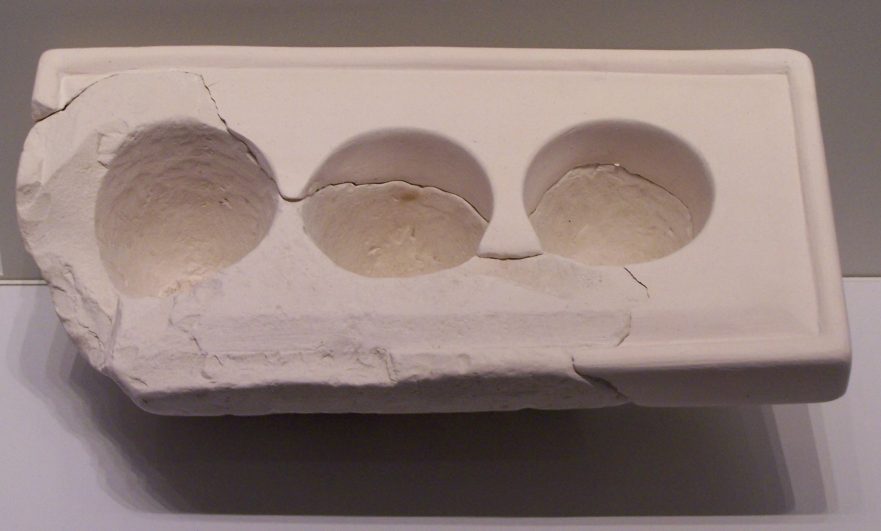
Some of the things Jesus emphasized in his teachings stand as strong warnings to those who belong to the community of faith. Jesus made statements about not lapsing into prideful judgmentalism, and becoming centripetal in one’s thinking. Jesus taught that our attitude toward other people—outsiders, even sinners—must be like God’s.
A Theology of Jewish-Christian Relations
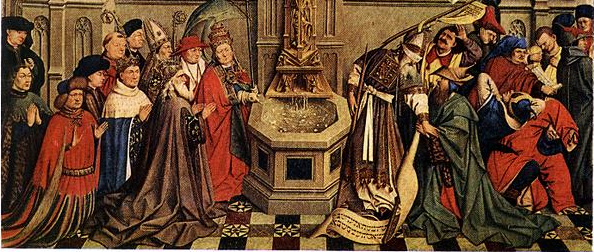
Still today a famous German New Testament professor can say (as he did) to his students: “If you want to be a good Christian, you must kill the Jew in your heart.” I quote this professor’s words not because I am a Jew, but because he used the word “kill” as if it were a Christian virtue. Furthermore, the opinion that “you have to kill the Jew in your heart” is not unconnected with an important trend that existed in Christianity from its beginnings.
Book Review: James Tabor’s The Jesus Dynasty
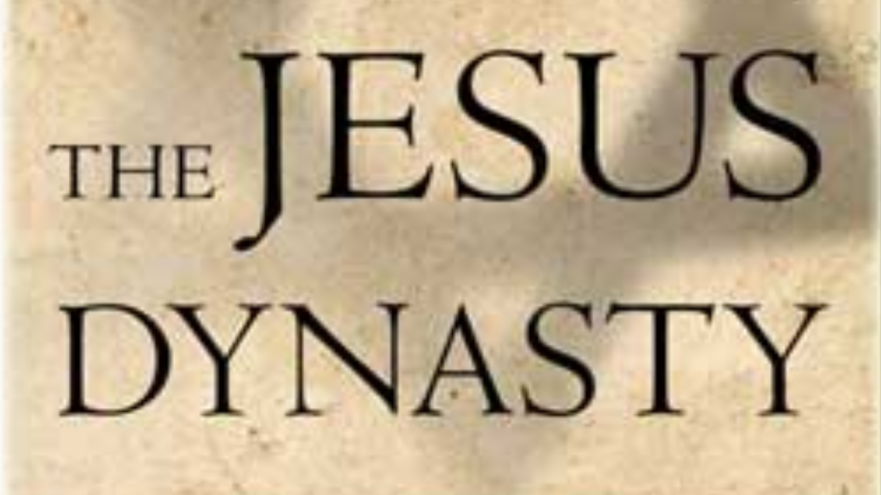
Tabor has an annoying habit of promoting remote possibilities into even possibilities, and then into probabilities.
- Page 1 of 2
- 1
- 2

